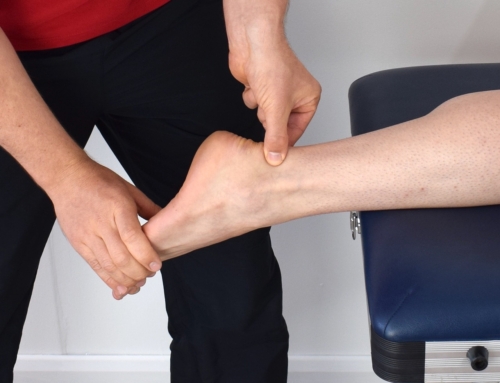Working to achieve a sports or fitness goal can drive many people to overtrain in an effort to get stronger, better, faster. Our PT’s have seen many injuries related to overtraining. While the dedication and drive is admirable, overtraining can lead to long lasting effects, which may include required rest, delaying any further training causing setbacks, attending physical therapy to rehab an injury or assist in teaching proper mechanics, or possibly sustaining an injury that prevents the patient from returning to what they love.
Overtraining is dangerous, and hurts more than it helps. Too often we hear the phrase “no pain, no gain.” Our team cringes when we hear people say that, and if you have a personal trainer that lives by this motto, it may be time to step away. The idea that progress comes through pain is very concerning and where the most injuries can occur.
Are You Overtraining?
Whether you’re an enthusiast and just enjoy the exercise for the sake of health, or you’re an athlete training for the season, here are key signs that you are overtraining:
- Decreased performance
- Moodiness, irritability, lack of concentration
- Excessive fatigue
- Chronic muscle aches or joint pain
- More frequent illnesses
- Insomnia or restless sleep
- Loss of appetite
- Chronically elevated heart rate at rest and during exercise
Some of these issues can lead to long lasting effects that will only set you back.
Training should be personalized for your body type, size, physical fitness level, and general health. It’s vital that you speak to a doctor before starting any program so that you start on the right foot. Furthermore, a physical therapist can help you define that plan, work within your limitations, identify weaknesses, and provide injury prevention information.
Prevent Overtraining
Aside from visiting your doctor and including a physical therapist on your health team, there are many things that you can do personally to track and monitor your progress and wellbeing. Here are some ways you can prevent overtraining:
- Monitor your heart rate
- Always cool down after your exercises
- Vary your workouts – everyday does not need to be intense
- Rest more often
- Track nutrition
- Proper hydration is imperative
- Keep a training diary to look back at what you’ve done
Measure your training objectively, and make adjustments where you think it’s needed. DO NOT wait until you become sick or injured. By adding the recommended prevention strategies mentioned above into your routine, you can maintain a healthy high level of training and still see significant gains.
If you have any the overtraining symptoms above, please consult with your doctor or your team at Momentum to schedule a Pain Relief Assessment at (210) 888-1278.






